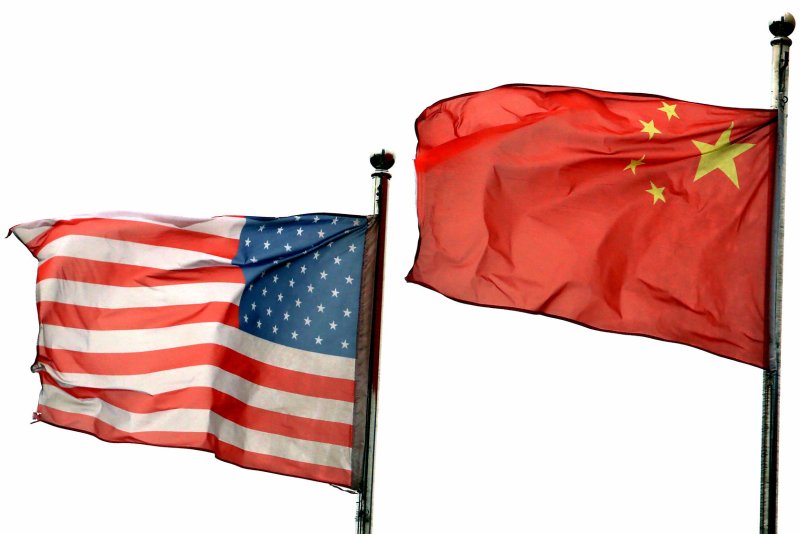China is suspending a 25 percent additional tariff it imposed on U.S.-made cars that went into effect in July. File Photo by Stephen Shaver/UPI |
License Photo
Dec. 14 (UPI) -- China said it plans to slash tariffs placed on U.S.-manufactured vehicles, amid concerns among Chinese consumers of a fallout from the ongoing trade dispute.
The Customs Tariff Commission of China's State Council said this week the government plans to remove an additional 25 percent tariff on imported cars from the United States for three months, starting Jan. 1, the People's Daily and other state media reported Friday.
China has previously reversed course on tariff cuts. In July, the country eased penalties on U.S. automobiles from 25 to 15 percent, but as the trade dispute continued, an additional 25 percent tariff was imposed, which led to a 40 percent tariff on cars.
According to its latest policy, the Chinese government is to suspend the penalties against 211 U.S. "import items" in the automotive industry.
The tariff cuts come after a Dec. 1 meeting in Buenos Aires between U.S. President Donald Trump and Chinese President Xi Jinping.
Trump and Xi agreed to postpone tariffs and enter a 90-day negotiation phase. The United States agreed to postpone until March 1 a 25 percent tariff on $200 billion worth of Chinese goods.
The decision could be welcomed among U.S. automakers and for companies like Germany's BMW and Daimler that retain plants in the United States.
Exports of U.S.-made passenger cars to China fell by $2.4 billion, or 30 percent, in the first nine months of 2018, according to CNN.
The Chinese government could also be easing tariffs in response to domestic concerns.
The Nikkei reported Friday consumer sentiment is weakening in the world's second-biggest economy amid concerns about the ongoing trade war.
Consumption growth in November fell short of market forecasts and was down from October, according to the report.















